Crab Mentality: 3 Best Ways to Strengthen Adult Sibling Relationships
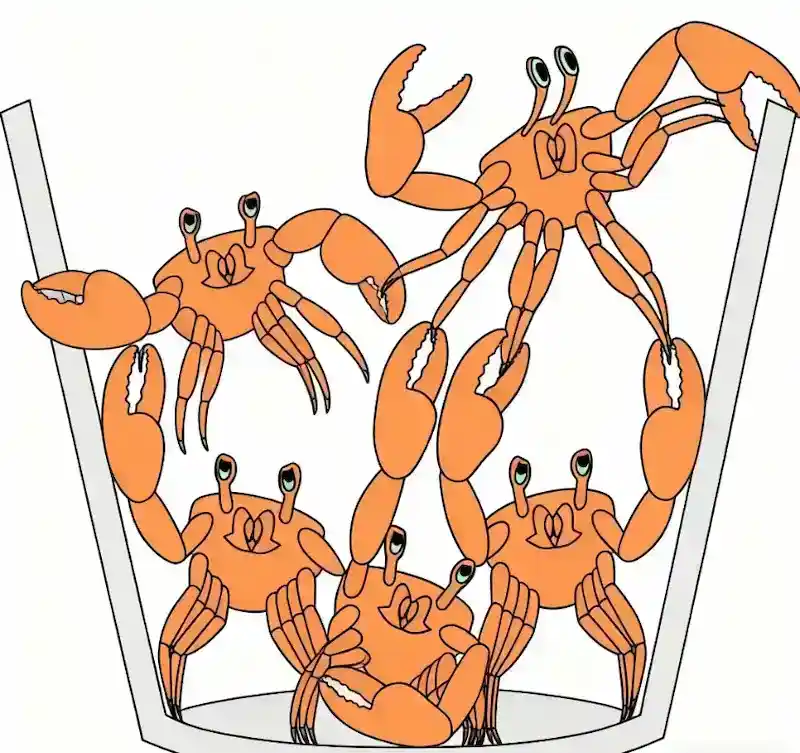
Table of Contents
As we grow older, the once-close bond with our siblings often shifts into something more complicated. You might text regularly, plan holiday dinners, or exchange birthday gifts—yet beneath the surface, feelings of comparison, jealousy, or resentment linger.
If this sounds familiar, you’re not alone. What you’re experiencing has a name: crab mentality. This psychological phenomenon explains why even the closest siblings can hold each other back—and it’s the key to fixing strained family relationships. Contrary to popular belief, the solution isn’t more gatherings or expensive gifts. It’s about changing how you interact, starting with understanding crab mentality itself.
What Is Crab Mentality, and How Does It Impact Siblings?
Imagine Alaska fishermen hauling in a bucket of crabs. They rarely bother putting a lid on the bucket—even though crabs can climb. Why? Because if one crab tries to escape, the others will grab it with their claws and yank it back down. No single crab gets out, and everyone stays trapped.
This “pulling each other down” dynamic is the heart of crab mentality. When it creeps into sibling relationships, it warps even well-meaning interactions into subtle (or not-so-subtle) competition.
For example:
- You share news of a promotion, and your sibling says, “Don’t get too excited—their layoff rumors are everywhere.”
- You mention struggling with a work project, and they reply, “I told you to take that other job last year.”
- You spend extra time helping your parents move, and they joke, “Trying to be the favorite again?”
These comments feel like “concern,” but they’re rooted in a hidden fear: If my sibling succeeds, does that make me look bad? The tragedy of crab mentality in families is that we want our siblings to thrive—until their success threatens our sense of self.
A 2023 survey by the American Association for Marriage and Family Therapy (AAMFT) found that 45% of adult siblings report feeling “held back” by a sibling’s jealousy at least once. This isn’t just emotional—it can strain relationships for years, especially during high-stress moments like holidays or parent care.
Why Gatherings and Gifts Don’t Fix Sibling Tension
Many people assume more time together or nicer presents will “fix” sibling relationships. But for families stuck in crab mentality, these gestures often make things worse. They turn into opportunities for competition, not connection.
Holiday Gatherings Become Comparison Festivals
Thanksgiving, Christmas, or even summer barbecues rarely stay focused on “catching up.” Instead, conversations shift to:
- How well your kids are doing in school (or how much their college costs).
- How big your new house is, or how nice your car is.
- How much money you spent on your parents’ vacation.
A 2022 poll by YouGov found that 62% of American adults avoid certain topics with siblings at holidays to prevent arguments—most commonly, finances, career success, and parenting choices. These gatherings don’t build bonds; they reinforce the “who’s winning” mindset that fuels crab mentality.
Gifts Turn Into Emotional Blackmail
Gift-giving should be thoughtful, but it often becomes a way to “keep score.” You might hear:
- “I spent $300 on your kid’s birthday—you only got them a $50 toy?”
- “I flew cross-country for your wedding—you can’t skip mine for a work trip.”
When gifts are tied to expectations, they stop being a sign of love and start being a weapon. The AAMFT notes that this “transactional” approach to gifting is one of the top 3 causes of adult sibling conflict—because it reduces kinship to a dollar amount.
Forced Intimacy Feels Smothering
Even well-meaning attempts to “stay close” can backfire. Pressuring a sibling to share details about their love life, criticize their career choices, or “hurry up” to have kids doesn’t build trust—it feels like control.
One Reddit user shared: “My sister texts me every week asking when I’ll ‘settle down’ and buy a house. I finally told her it’s none of her business—now we barely talk. I just wanted space, not a lecture.” This is classic crab mentality: trying to pull someone into your “bucket” instead of letting them grow.
3 Proven Strategies to Break Crab Mentality in Sibling Relationships
Fixing sibling tension isn’t about more gifts or gatherings—it’s about changing the dynamic from competition to respect. These three strategies, backed by family therapy research, help you escape the “crab bucket” for good.
1. Maintain a “Safe Distance” to Respect Boundaries
Erich Fromm, the renowned psychologist, wrote: “Love is not about possession; it’s about giving the other person space to be themselves.” This is especially true for adult siblings, who often blur boundaries because they “grew up together.”
Crab mentality thrives when we feel our sibling’s success (or choices) threaten our own. Setting clear boundaries stops this by creating a “safe zone” where both people can grow. Here’s how to do it:
- Physical distance: Adult siblings don’t need to live in the same neighborhood. A 10-minute drive (instead of 5 minutes) or even a different city can reduce daily friction. The APA recommends this “healthy separation” as a way to avoid petty arguments about chores, visits, or parent favors.
- Mental distance: Offer advice only when asked—not unprompted. Instead of saying, “You should quit your job,” try, “That sounds tough—want to talk through your options?” This respects their autonomy and avoids the “I know better” mindset.
- Financial distance: Avoid lending large sums of money or co-signing loans (unless it’s a life-or-death emergency). Letting your sibling handle their own bills or debts teaches responsibility—and prevents resentment if they can’t pay you back.
Take u/LisaM, a 38-year-old from Chicago, who shared her experience: “My brother and I made a rule: no talking about money, parenting, or careers unless we bring it up. Now we meet for coffee every month and just laugh about old times. No pressure, no drama.” This “safe distance” didn’t push them apart—it let their bond grow without crab mentality.
2. Build Shared Goals to Turn Competition Into Cooperation
Crab mentality survives on “zero-sum thinking”: If my sibling wins, I lose. The antidote? Shared goals that make you both winners. When you work together toward something bigger than yourselves, competition fades—and cooperation takes over.
How to Create Shared Goals
Focus on projects that bring your family closer, not arguments. Examples include:
- Renovating your parents’ garage or backyard.
- Planning a family vacation (not a holiday dinner—something fun, like a trip to the Grand Canyon).
- Organizing a fundraiser for a cause your parents care about (like Alzheimer’s research).
The key is to divide tasks based on strengths, not “who can do more.” For example:
- If your sibling is good with numbers, let them handle the budget.
- If you’re creative, let them plan the design or itinerary.
- If another sibling is outgoing, let them coordinate with contractors or travel agents.
3. Embrace “Dynamic Balance” Instead of Chasing Perfect Fairness
One of the biggest triggers for crab mentality is the belief that “things aren’t fair.” You might think: I took Mom to 10 doctor’s appointments—why did my sibling only go to one? Or I paid for Dad’s new chair—why won’t they chip in?
But “perfect fairness” doesn’t exist in family relationships. People have different schedules, incomes, and strengths. Forcing equality only leads to resentment. Instead, aim for dynamic balance: adjusting responsibilities over time to fit everyone’s situation.
How to Practice Dynamic Balance
Try these three steps, recommended by family therapists at the University of Minnesota Family Social Science Department:
- Take turns leading: If you spent 6 months helping your parent recover from surgery, let your sibling take the lead next time (e.g., handling their tax returns or yard work).
- Compensate in other ways: If your sibling can’t afford to contribute money, they can contribute time. For example, if you pay for your parent’s groceries, they can help your kids with homework or pick up your dry cleaning.
- Let go of “scorekeeping”: Stop counting how many times you’ve helped versus your sibling. Instead, ask: Is everyone doing what they can, given their circumstances?
A California Success Story
Maria and Carlos, a sister and brother from Los Angeles, used dynamic balance to care for their dad after he was diagnosed with Parkinson’s.
- Maria, a nurse, lived nearby, so she took him to doctor’s appointments and helped with daily care (bathing, cooking).
- Carlos, a software engineer, lived 2 hours away and couldn’t visit often—but he researched treatment options, set up a meal delivery service, and paid for a part-time caregiver on weekends.
At first, Maria felt resentful: “I was exhausted, and he was just ‘sending money.’” But then Carlos said, “I can’t do what you do—but I can make sure you don’t burn out.” They stopped keeping score, and now they work as a team. “Dad always says we’re both his ‘heroes,’” Maria said. “That’s better than any ‘fair’ split.”
Final Thoughts: Escaping the Crab Bucket Together
Siblings are our first friends—and our longest relationships. But as adults, it’s easy to fall into the crab mentality trap: pulling each other down instead of lifting each other up.
The solution isn’t more holidays or gifts. It’s about:
- Setting boundaries to let each other grow.
- Working together on shared goals to turn competition into cooperation.
- Embracing dynamic balance instead of chasing impossible fairness.
Remember: You don’t have to stay trapped in the “crab bucket.” You can choose to support each other’s success—and build a sibling bond that lasts a lifetime.
Do you struggle with crab mentality in your sibling relationship? Or have you found a way to fix tension? Share your experience in the comments below—we’d love to hear from you.

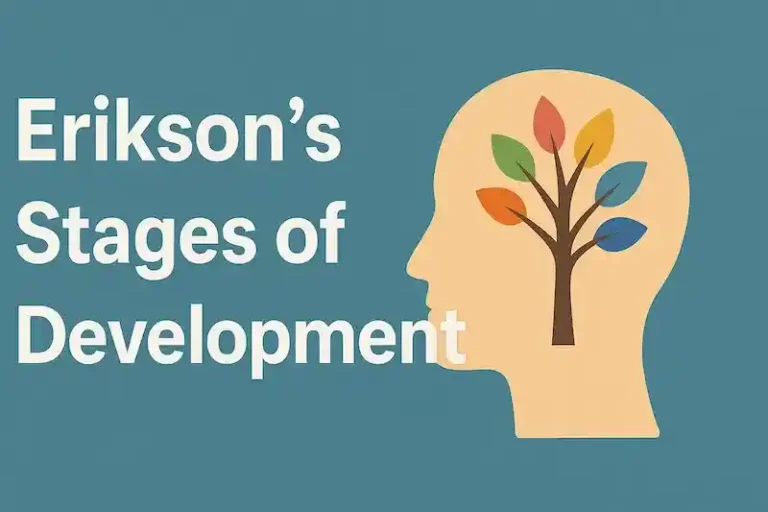

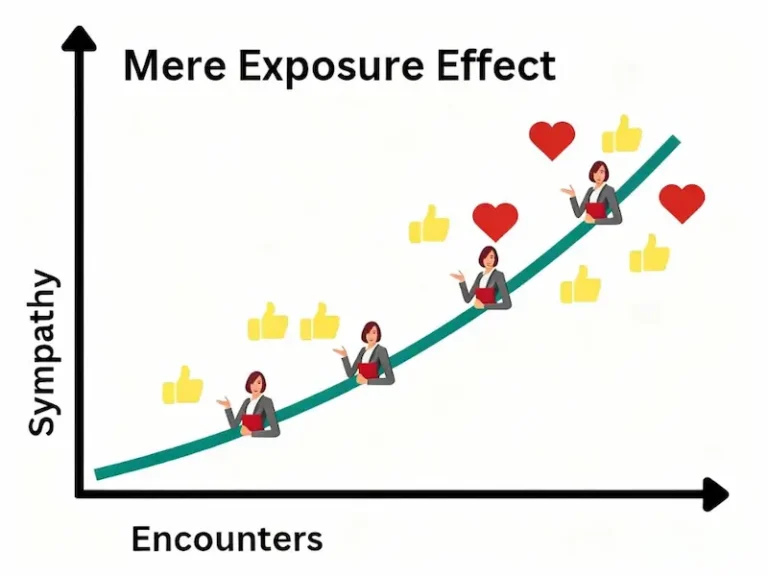
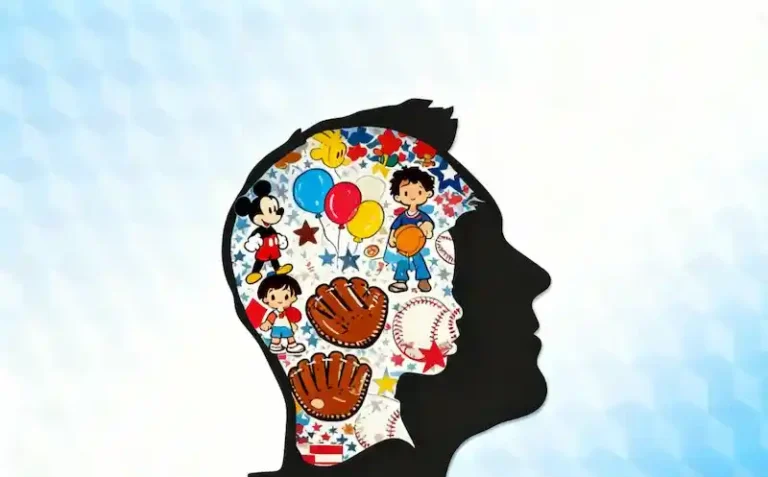
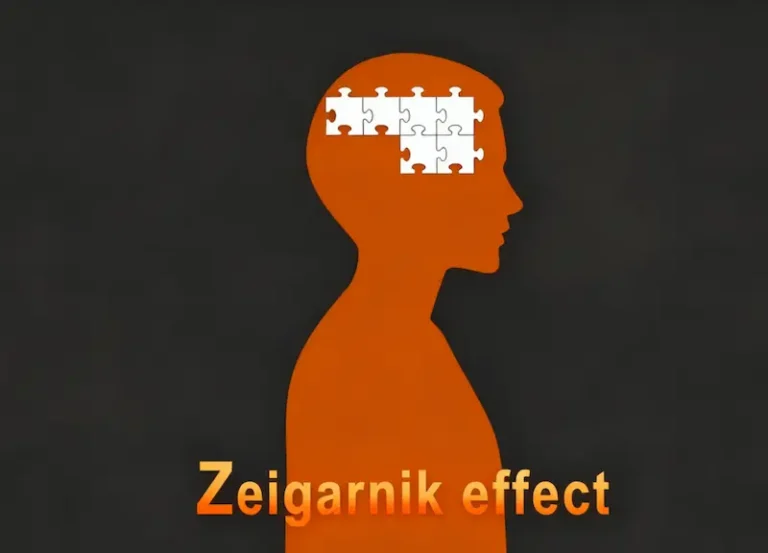

Hiya, I am really glad I have found this info. Today bloggers publish just about gossips and internet and this is really irritating. A good site with exciting content, this is what I need. Thank you for keeping this web site, I will be visiting it. Do you do newsletters? Cant find it.
You completed several nice points there. I did a search on the matter and found a good number of persons will go along with with your blog.
I enjoy the efforts you have put in this, regards for all the great blog posts.
Clear explanation
Howdy very nice site!! Guy .. Beautiful .. Superb .. I’ll bookmark your site and take the feeds also…I’m satisfied to seek out numerous helpful information here within the publish, we need develop more strategies in this regard, thank you for sharing.
Clear and concise
It is the best time to make some plans for the future and it’s time to be happy. I’ve read this post and if I could I wish to suggest you some interesting things or advice. Perhaps you could write next articles referring to this article. I want to read even more things about it!
I haven’t checked in here for some time since I thought it was getting boring, but the last few posts are good quality so I guess I will add you back to my everyday bloglist. You deserve it my friend 🙂
You have brought up a very wonderful details , regards for the post.
Hey there, You have done a great job. I’ll definitely digg it and personally suggest to my friends. I am confident they’ll be benefited from this web site.
Heya i’m for the first time here. I found this board and I find It truly useful & it helped me out a lot. I hope to give something back and help others like you helped me.